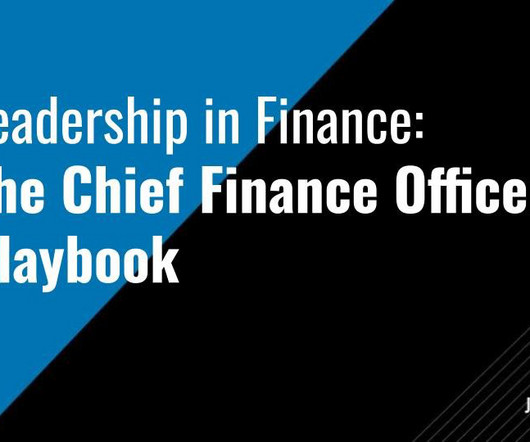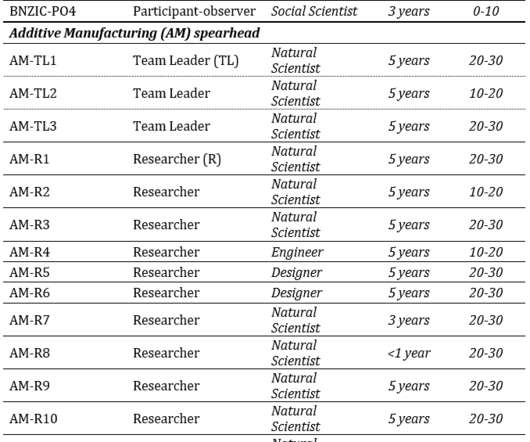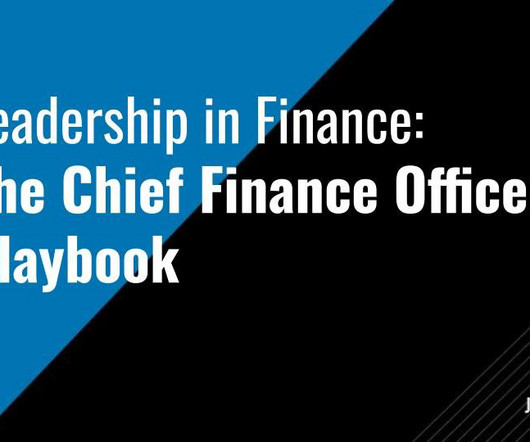Collaborative Leadership Team’s Teri Bylander-Pinke attains Gallup-Certified Strengths Coach Credential
Collaborative Leadership Team
AUGUST 19, 2020
Collaborative Leadership Team?(CoLeadTeam)?is COO Teri Bylander-Pinke shared, “According to Gallup, people that utilize their strengths daily are six times more likely to be engaged in their jobs and three times more likely to report having an excellent quality of life. About Collaborative Leadership Team: ?













Let's personalize your content